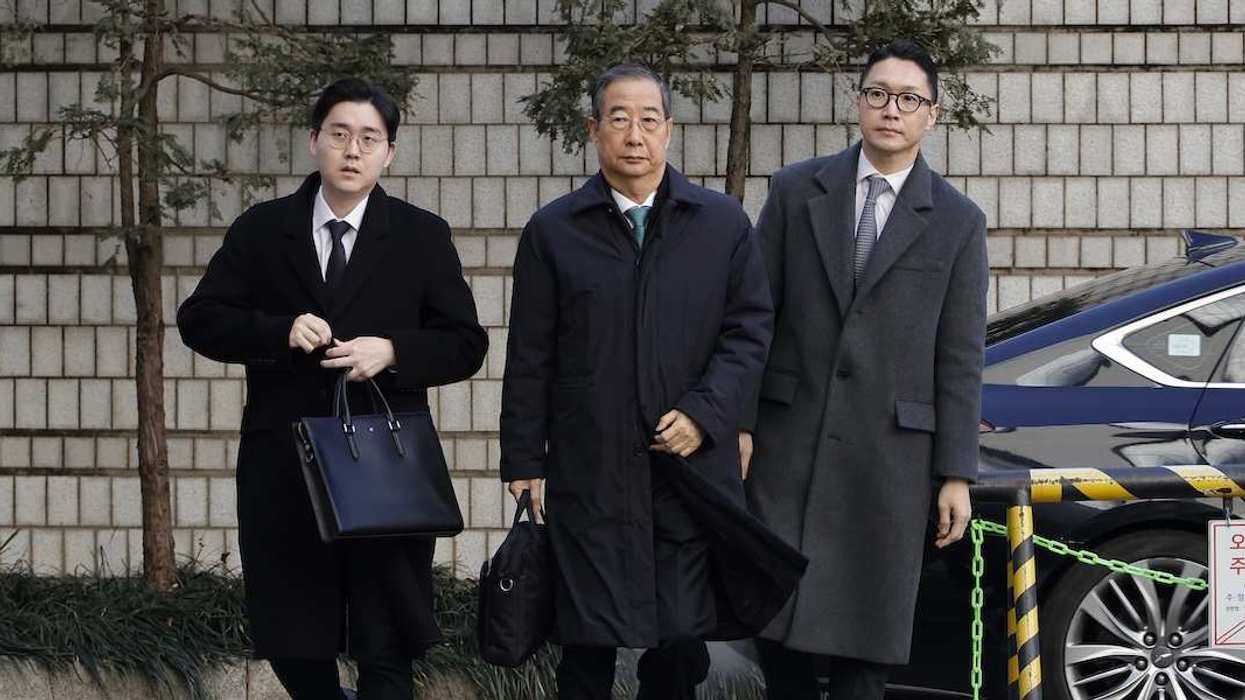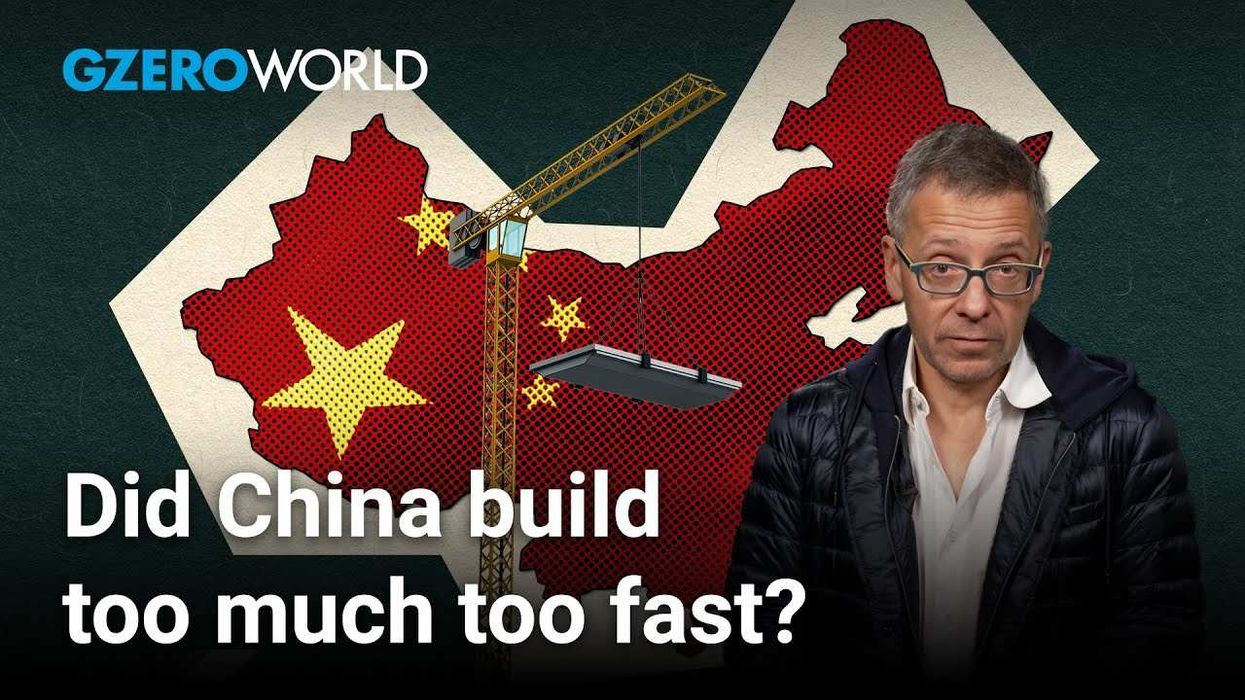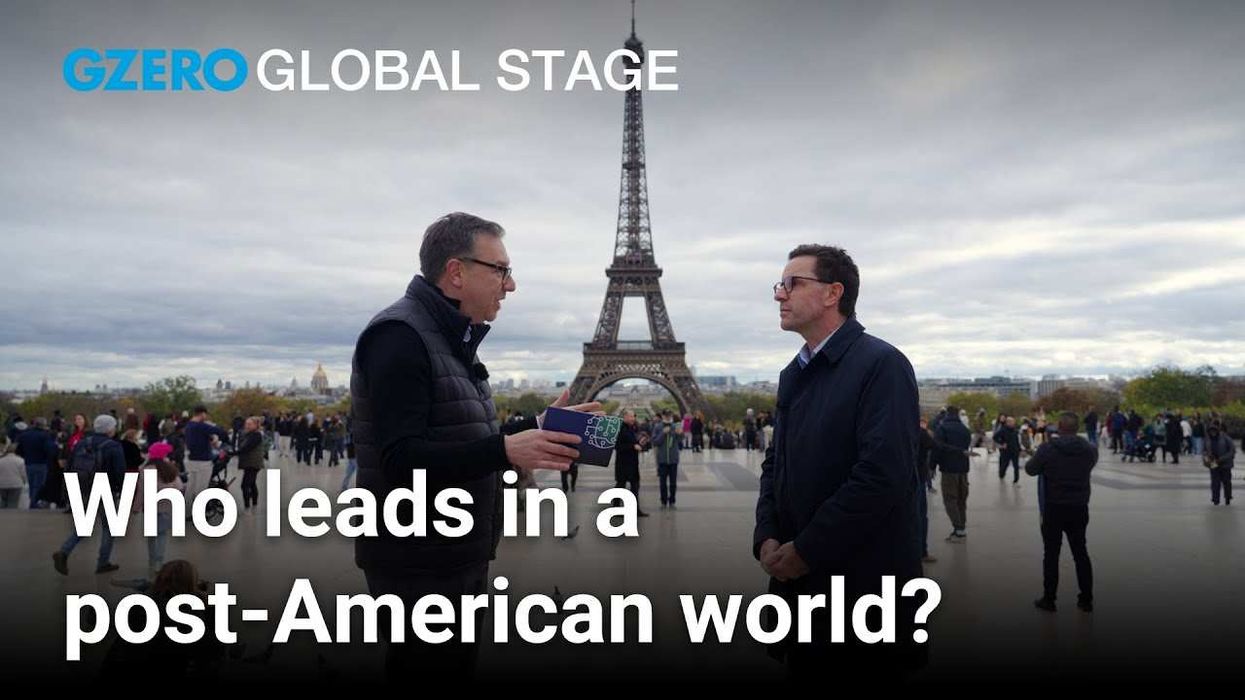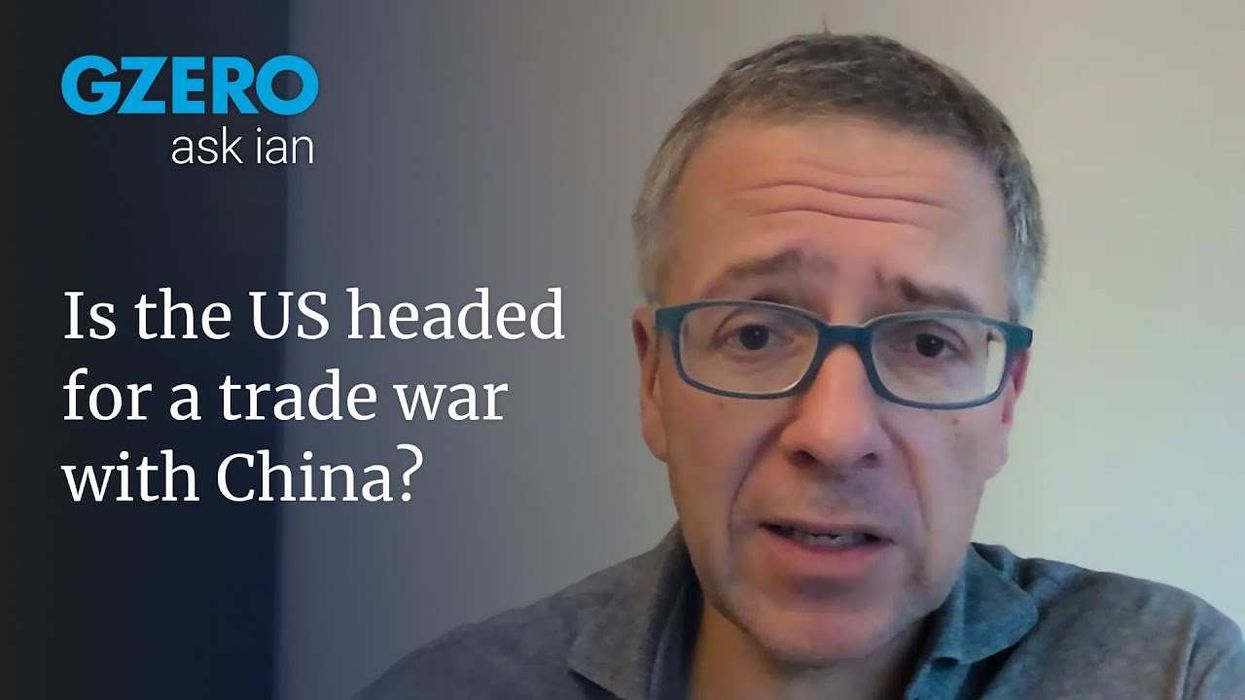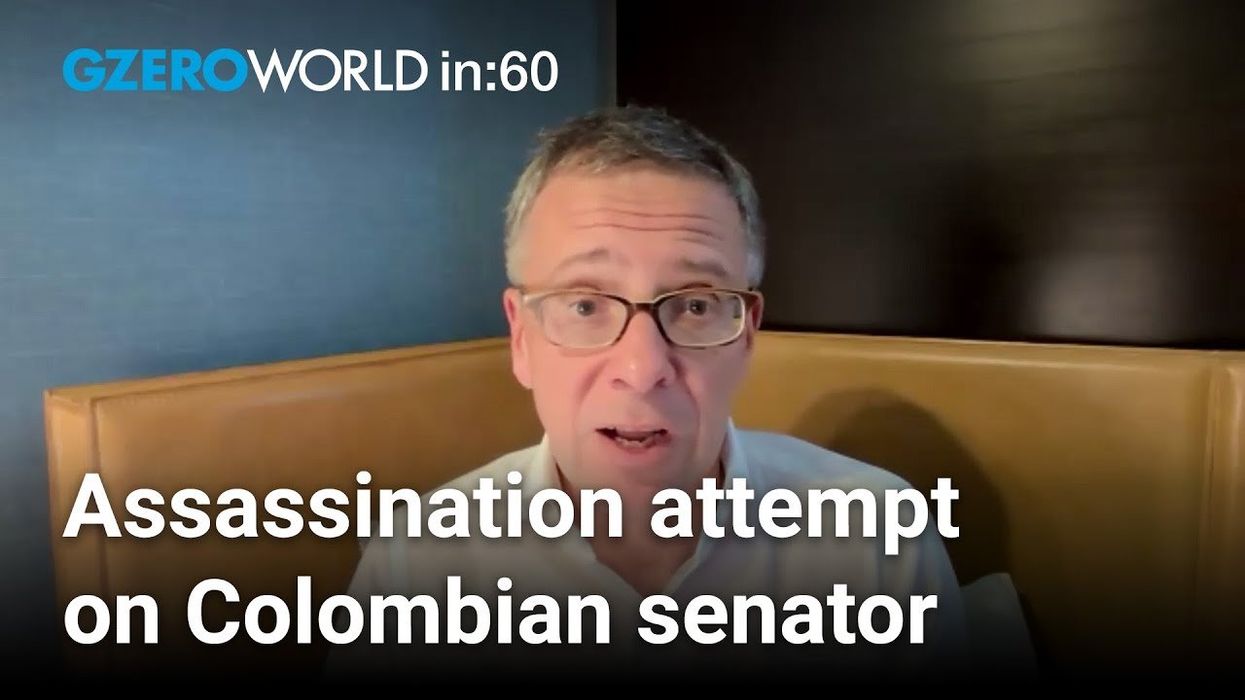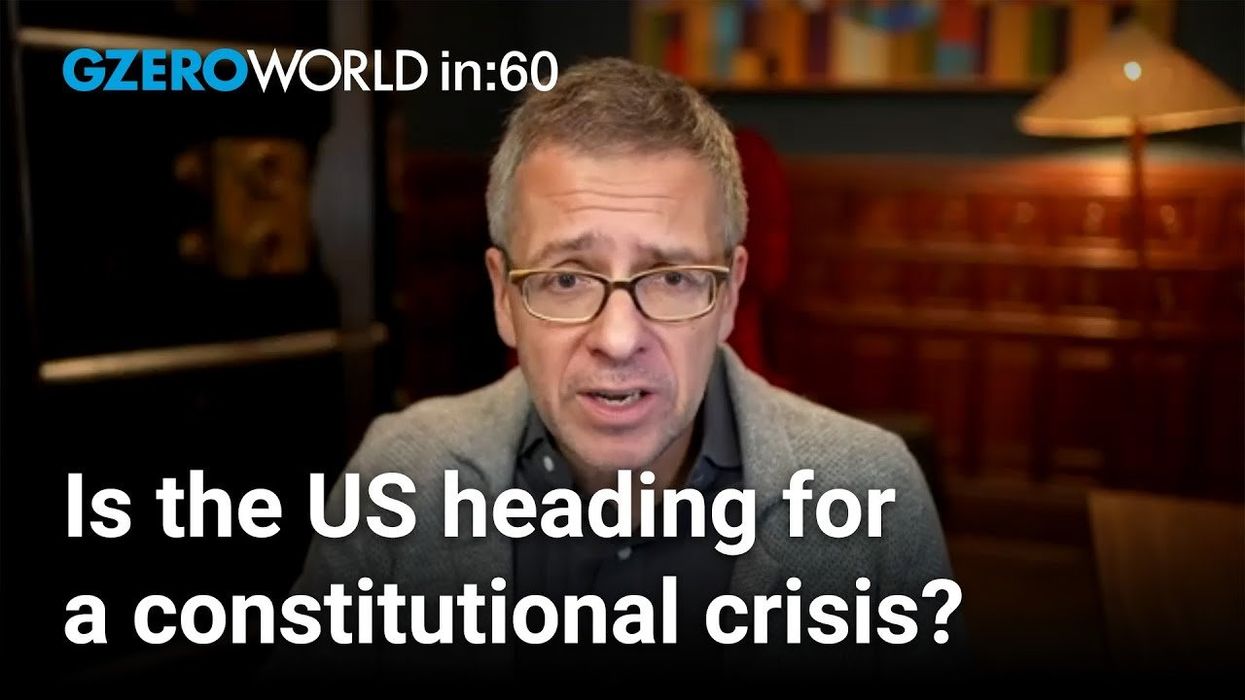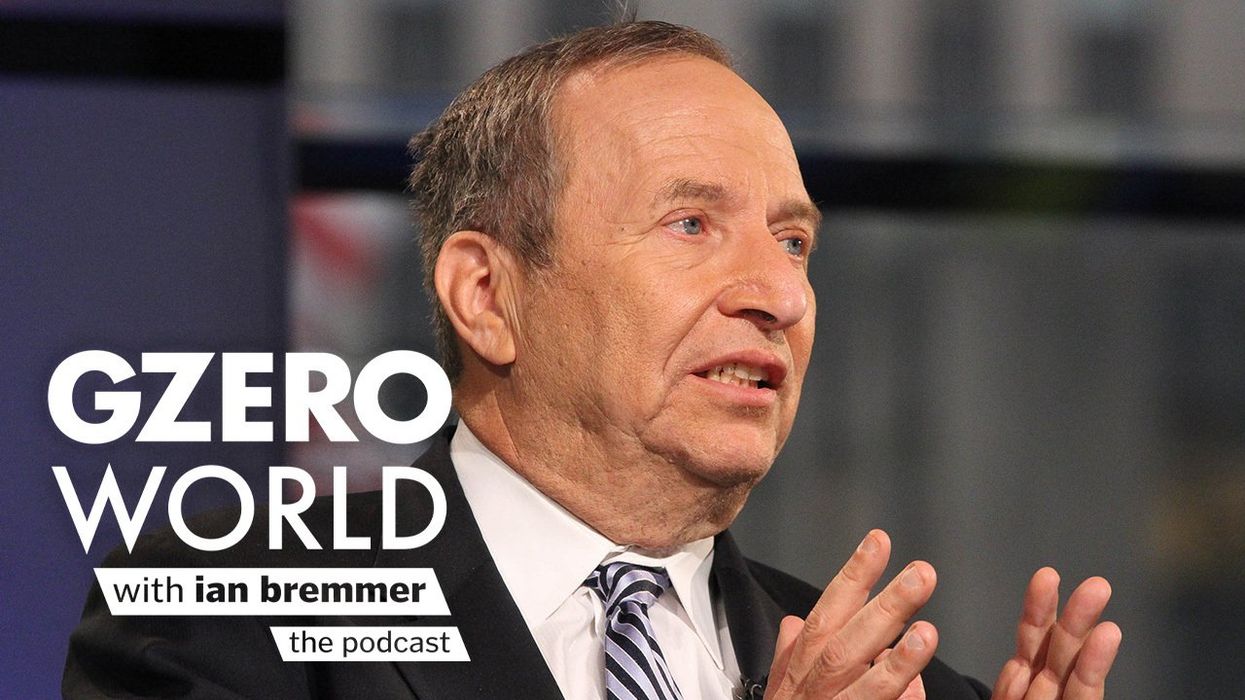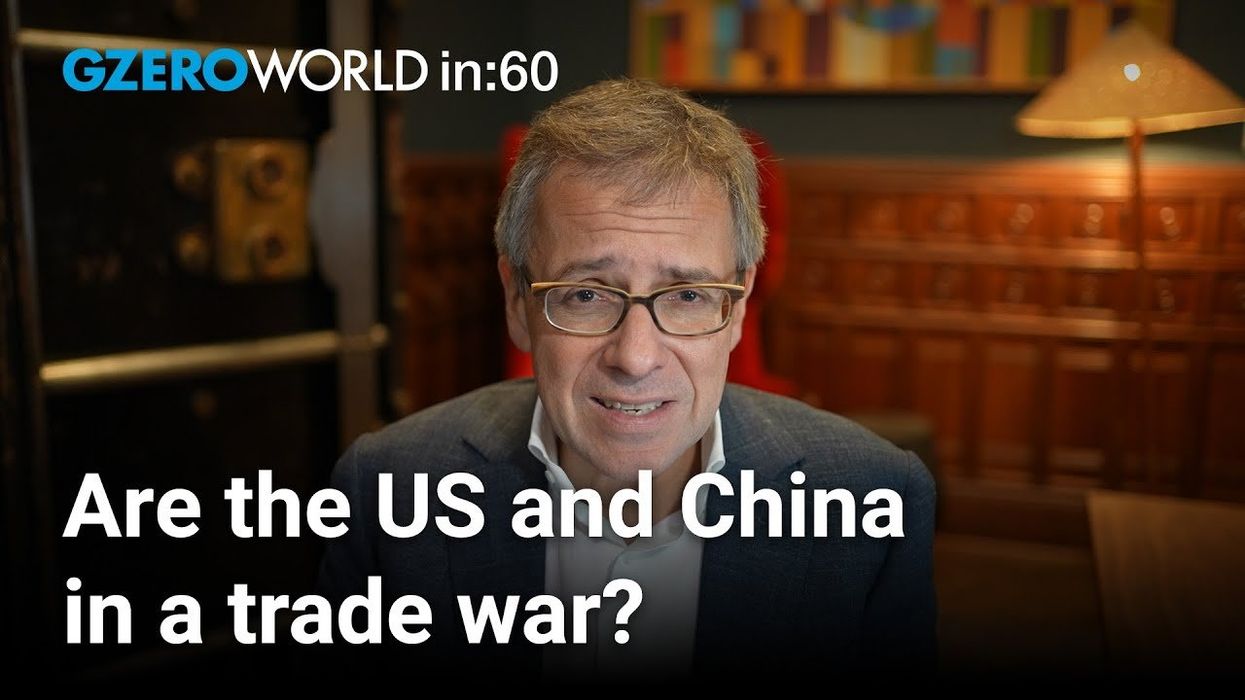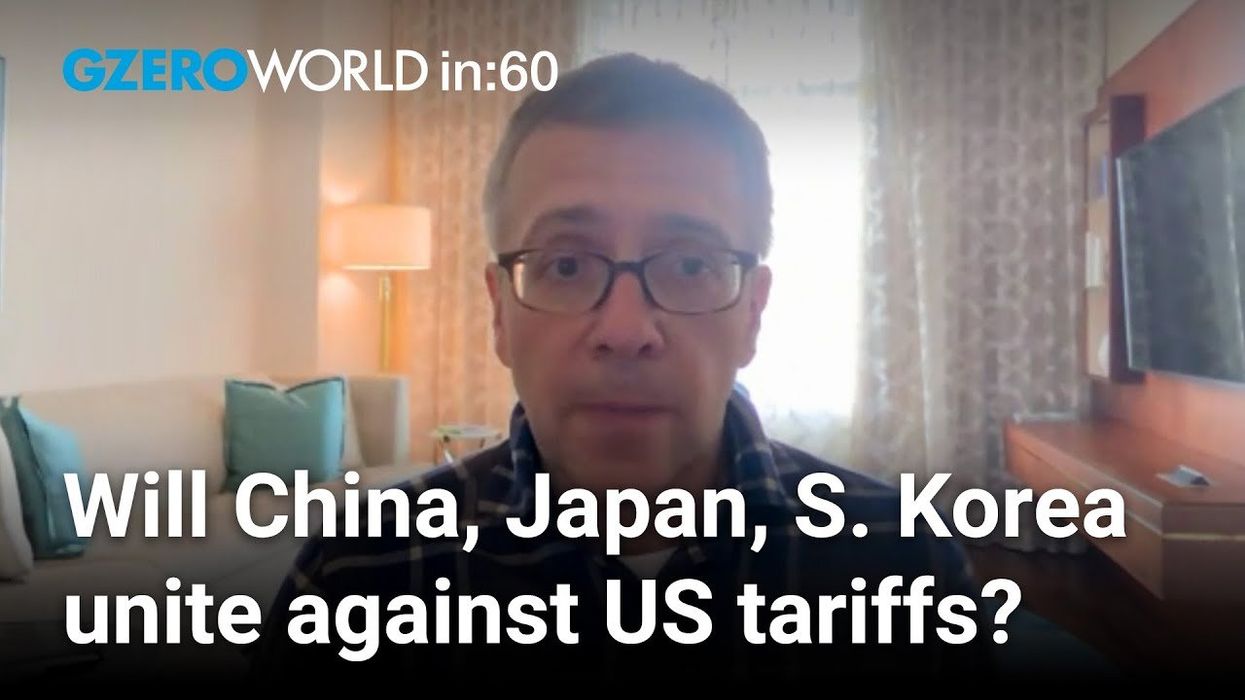Hard Numbers
Hard numbers: Another South Korean leader sentenced over Martial law, US and China to finish TikTok sale, Guinea-Bissau announces election date, & More
23: The years to which former South Korean Prime Minister Han Duck-soo was sentenced in jail over his role in helping former President Yoon Suk Yeol impose Martial law in late 2024.
Jan 22, 2026
